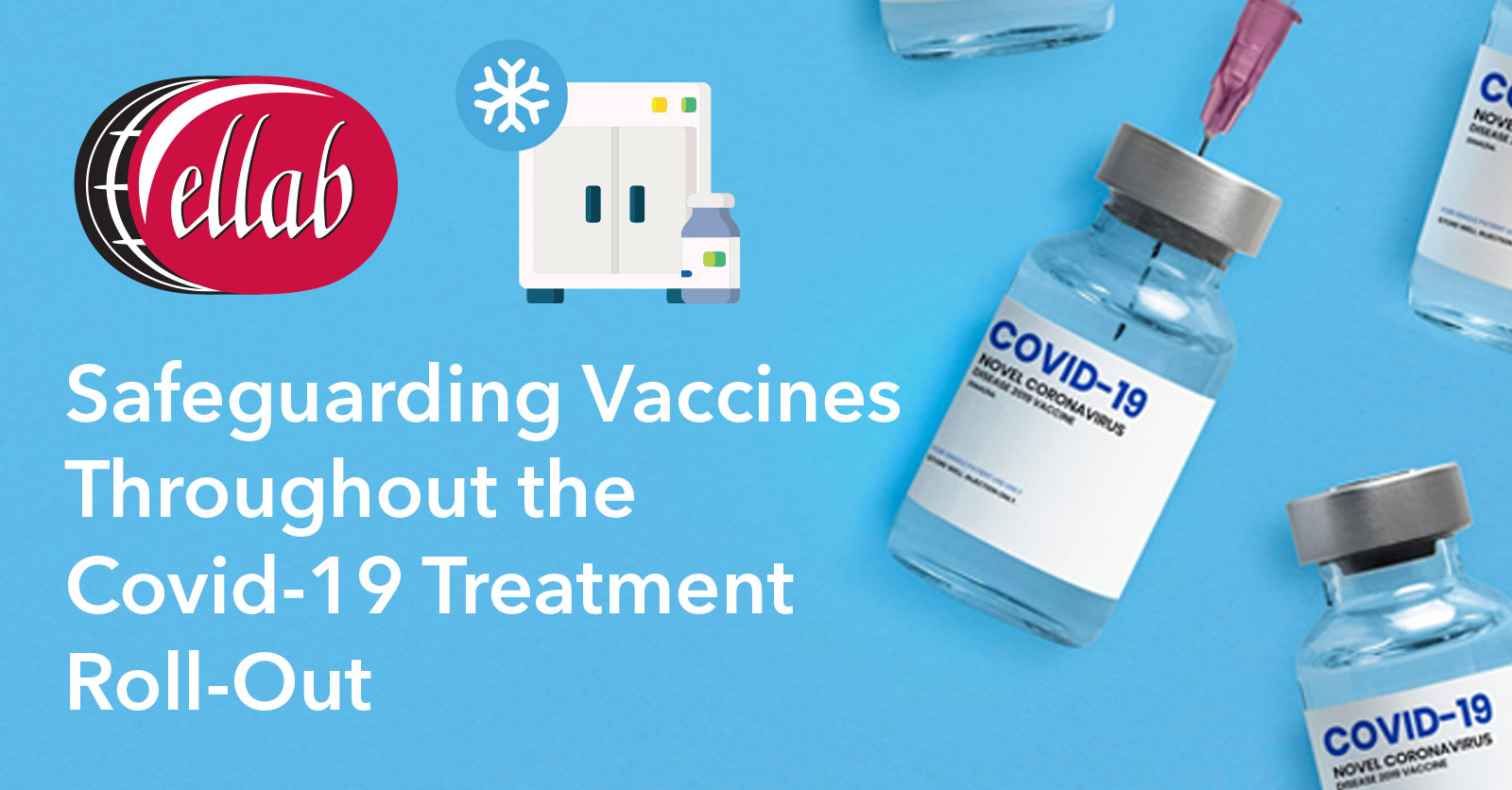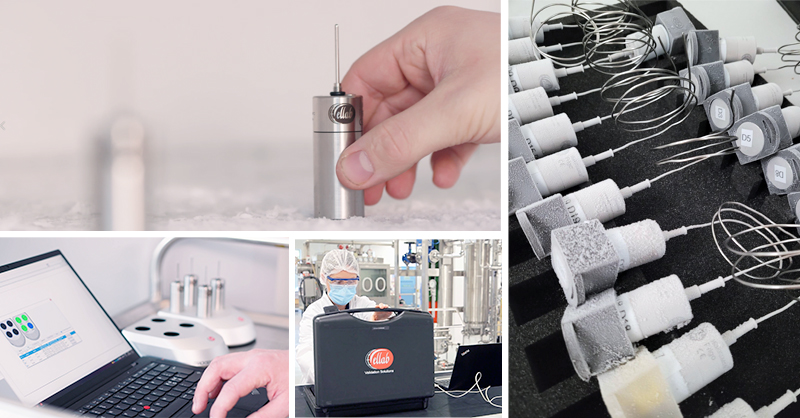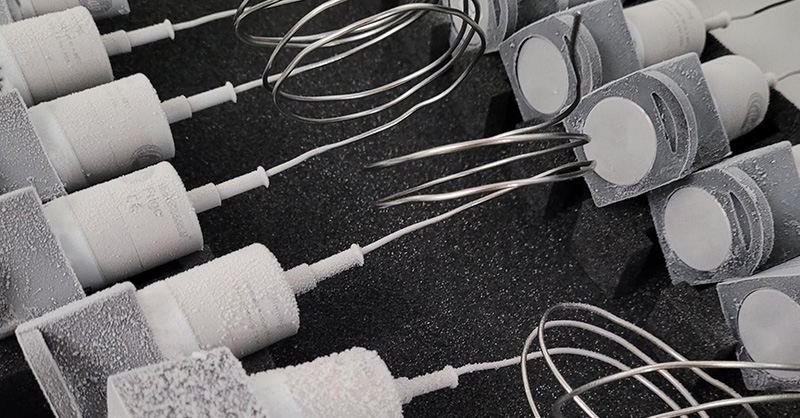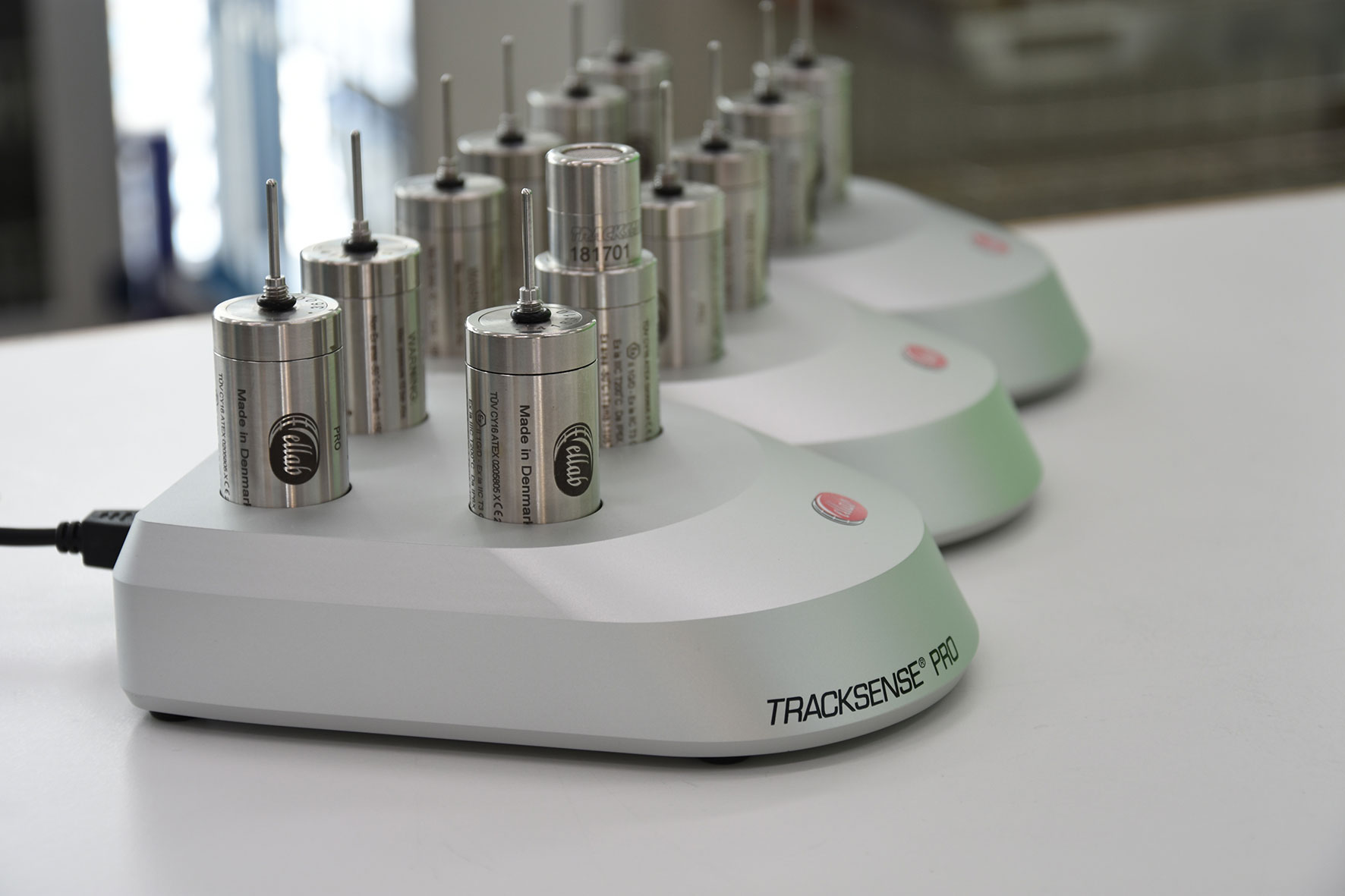Applications
How Ellab Helped Reliably Safeguard Covid-19 Vaccines

As we honor the Nobel Prizer winners for their critical efforts in battling Covid-19, we explore the impact of mRNA and rollout challenges.
The recent Nobel Prize in Physiology celebrated Katalin Karikó and Drew Weissman, pioneers in mRNA technology. Their groundbreaking work became the cornerstone for the swift development of Covid-19 vaccines, marking a historic achievement in medical science.
Marveling at this breakthrough, we’ll explore its impact on the future of medicine and delve into the challenges faced and overcome during the vaccine rollout.





